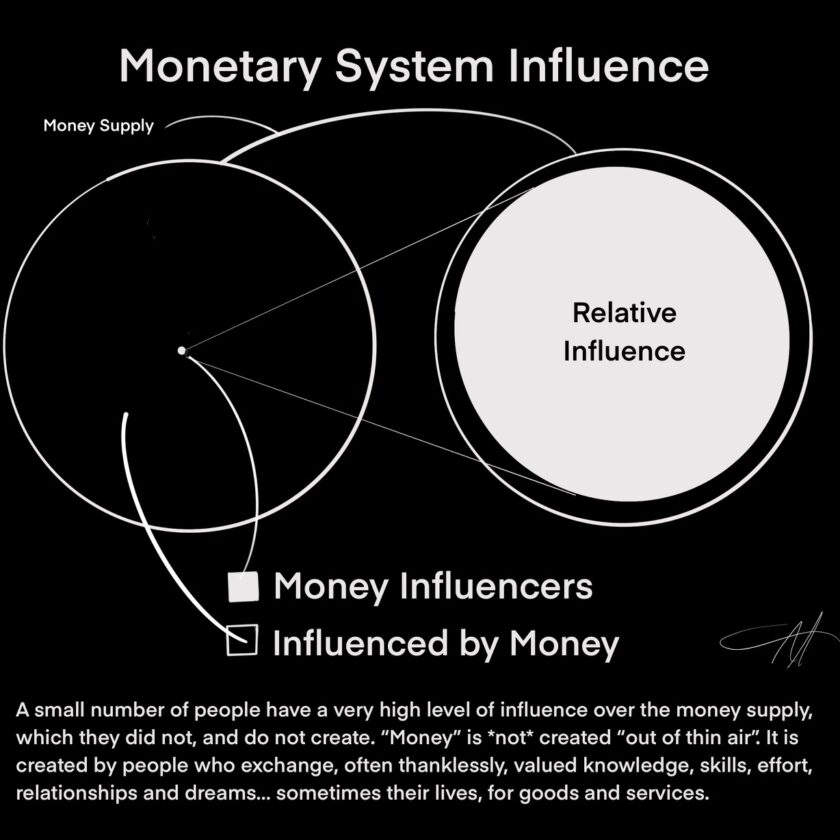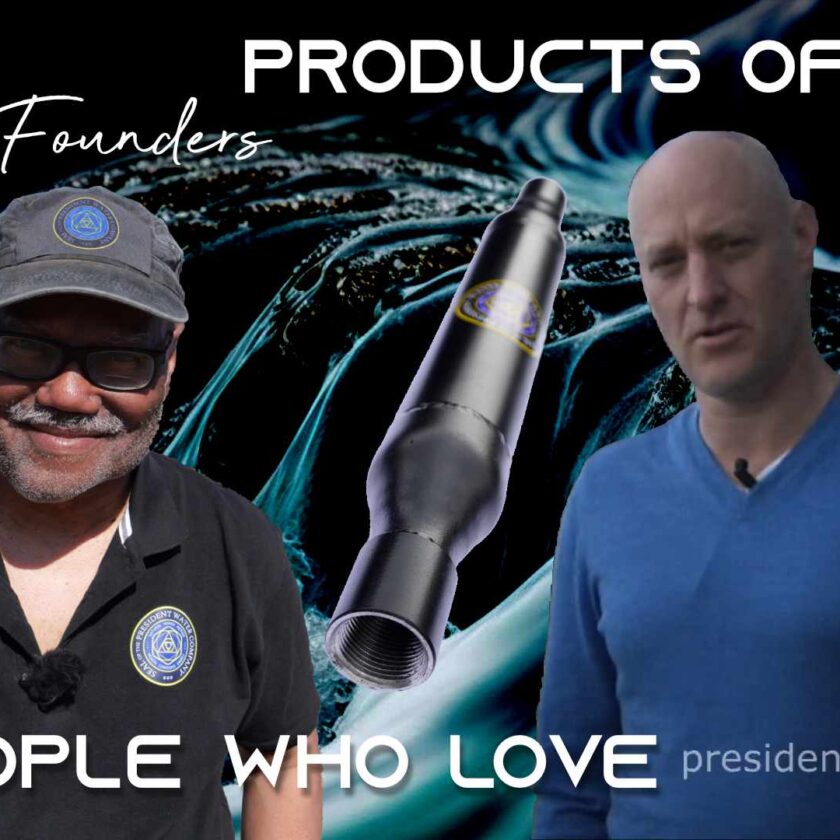Ah… the passionate pursuit of understanding. There’s nothing like it, except perhaps when kindred spirits don’t all agree.
The Pepsi and MMS matter is proving itself to have legs, for this reader has fired back the following retort to my last post:
Adam, I am deeply disappointed in your response. You’ve now misquoted yourself. Or, rather what you previously posted. In the transcript of the actual dialogue which you posted, Jim Humble definitely refers to drinking the Pepsi and checking the blood–not the urine.
I took the time to (1) listen to the original recorded conversation, (2) transcribe what was said for all to see, and (3) call Jim Humble and speak to him and clarify his meaning before taking the time to write a clarification so that I could correctly convey what was meant, even if it appeared to contradict what was quoted.
A single sequence of words can be interpreted quite a few different ways, but meaning is a singular thing. I sought and obtained Jim Humble’s meaning, which he freely gave to me, and I reported.
You need not agree with what drinking Pepsi as a treatment for blood clots means to Jim Humble (or me for that matter), but let’s agree that the unseen world of motivation and meaning is where communication originates. The words on the page or screen are only clues to meaning. If you want to KNOW what’s in a person’s mind, then go there and find out what the words or thoughts associated with said individual means to him.
You passed off my statement about the study using Gatorade as a rumor. I’ll bet without so much as a Google to see if it were true. (Sort of like Mark Sircus did with MMS). Please go to www.airhealth.org and click on hydration. There you will find the reference to Koichiro Hamada’s study called “Effects of Hydration on Fluid Balance and Lower-Extremity Blood Viscosity During Long Airplane Flights”. It was published in JAMA 2002 Feb20;287(7):844-845.
You got me there. So I took a look. Thank you for the suggestion, it only confirmed my feeling of what’s best in this respect. I do not feel that using Pepsi in the manner suggested is beneficial.
Drinking a beverage — alkaline water — with plenty of “extra” electrons (ions) is going to do far more benefit than one that offers some bromine to go with its electrolytes (i.e., Gatorade). Even bottled water often has an acidic pH.
The health care system has been using the same logic for years when it argued that vaccines which contained thimerosal (a mercury-based preservative), posed no health risk to our children. Those same health care professionals, bureaucrats, and administrators have been dumbfounded to explain the possible (and obvious) cause of the rampant rise in autism (172% in the 1990’s), and before that, Sudden Infant Death Syndrome (SIDS). Without admitting that major damage has been done, the FDA “has worked with, and continues to work with, vaccine manufacturers to reduce or eliminate thimerosal from vaccines,” but in fact, it’s still being administered, and people are still paying a heavy price, not only with their health, but in some cases, with their lives.
While I get the point on hydration and quality of water used to hydrate, I think you really missed my point. No tongue in cheek at all–people who have blood clots are taking warfarin (Coumadin) and they sure aren’t going to “blink” when it comes to drinking some Gatorade or Pepsi.
If you do get my point on hydration, then you would see why I don’t agree with yours. It doesn’t make you “wrong” or me “right.” It simply means that we differ here.
The fact that people who are taking Warfarin (which itself was originally developed as a rat poison, and is causing its own chain of problems by ingestion) wouldn’t blink when it comes to taking Gatorade or Pepsi is apparently why Jim Humble doesn’t want to encourage such behavior based on what is perceived as “his” recommendation. It is not.
The whole irony of that interview sequence is that these beverages (and drugs like Warfarin) do more harm than good, when simple behavior changes, such as drinking more alkaline water, would eliminate the problem altogether.
The researchers that you mentioned were trying to prove the efficacy of using Gatorade. They didn’t appear to have any awareness of gradations in quality of water beyond tap and bottled.
Did you know that many bottled waters have an acidic pH? It is time that we learn this for ourselves. However, in so doing, we can discern the best choice, not the one that seems expedient now, but has untold down line effects.
No one is saying never to drink Pepsi (or Coke or Mountain Dew for that matter). The suggestion is to give the body what it actually needs; and the answer is not simply “water,” but alkaline water… and not just 8 glasses, but according to Peter Good Gold of www.waterworks4u.com, 1 liter of alkaline water for every 30 lbs (13.61 kg) of body weight. I’m going to have another water expert on my radio show soon. We’ll discuss this some more. You can listen to my podcast interview with him by following this link.
Here at the Ponderosa I tested the drinking water that I “prepare” in a pitcher that contains “Cosmic Energy Stones,” a sack of prill beads, and a “24/7” Quantum Age Stirwand. The pH was 8.9.
I tested some reverse osmosis water for pH, and it was 6.7. On a whim, I took some Miracle II Neutralizer that was sitting nearby and a few drops in the 2 gallon container. I tested again immediately, and the pH meter read 7.7.
That’s pH… then there’s the oxygen reduction potential, or ORP of the water. The higher it is, the greater the ability that water has to destroy foreign contaminates. This includes the waters in our bodies. Pepsi further contaminates, even if the acids within it may clear up some debris. Alkaline water that has a high ORP will do it naturally, with no downside effects, because the body was designed to work properly on it.
We don’t have to know the intimate chemistry behind how this is done, but we should pick our solutions more intelligently. Pepsi and Gatorade ain’t the solution.
It is my opinion that Jim Humble has inadvertently stumbled on this Pepsi thing and just doesn’t realize what it could mean to people who have blood clotting issues. I think you’re trying to disconnect Jim Humble from this so people will not not be even more circumspect regarding MMS.
I disagree. I think he sees greater costs than benefits here. And if it’s not his opinion, it is mine. People who have blood clotting issues have other issues that need their attention, not Pepsi. They have acidic issues, are oxygen deprived, mineral deficient or imbalanced (magnesium). Applying magnesium transdermally before traveling, and better yet, every day, would help to reduce their pain, inflammation, and risk of clotting.
Just for the record, I’ve been using MMS since late August. I’m also planning for my husband to use MMS for it’s chelating abilities after he discontinues warfarin and has some time using vitamin C to improve the flexibility of his arteries.
As you know, I am aware of this, champion your progress, and wish only the best for you and your husband. The magnesium will help his artery health as well.
I’m still looking forward to your video on Jim Humble.
Thanks again. We’re progressing on that front as well.




